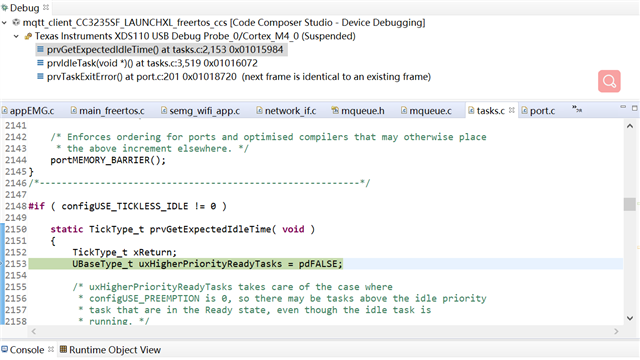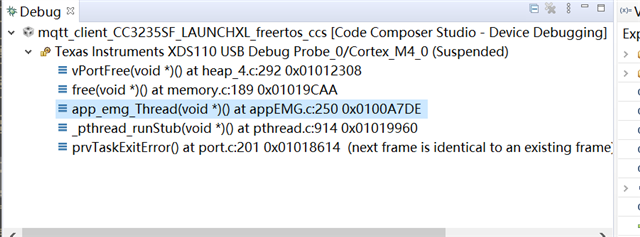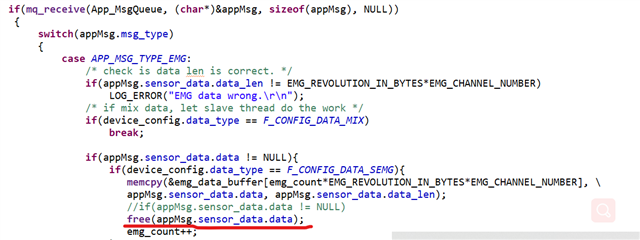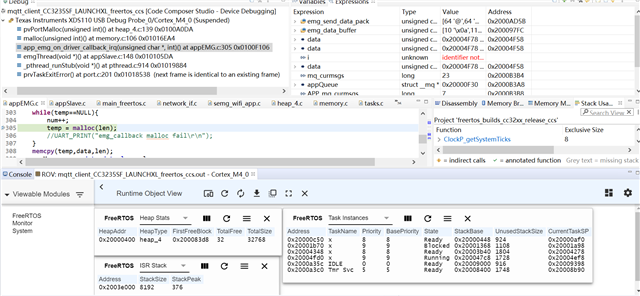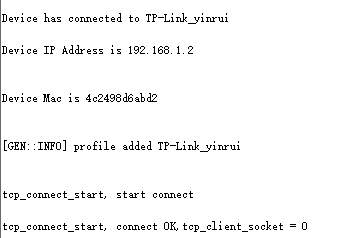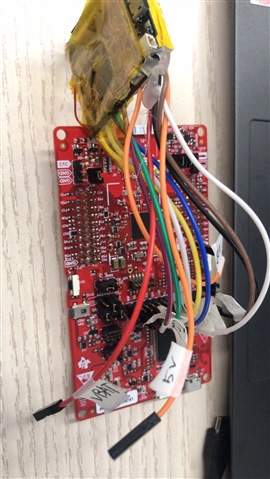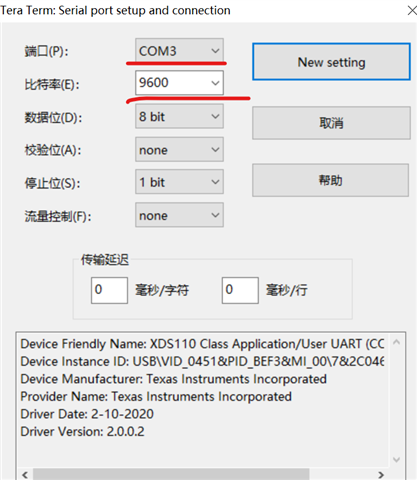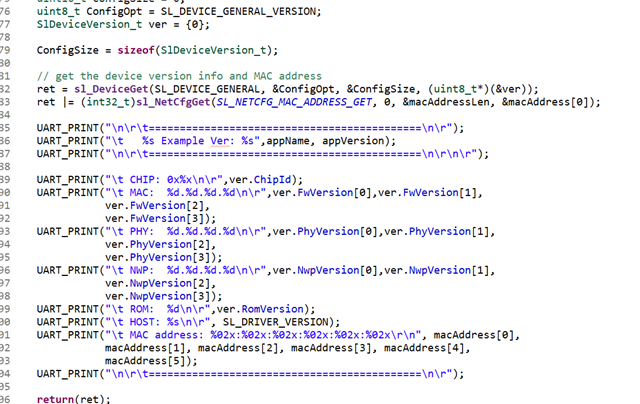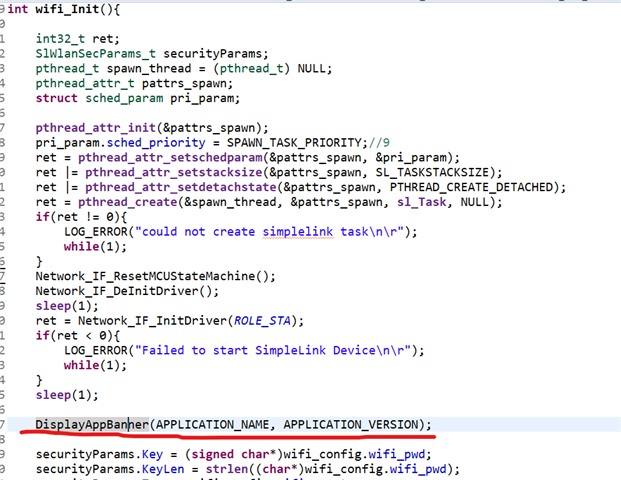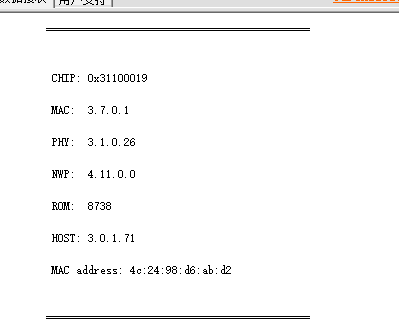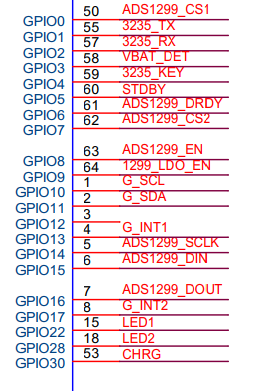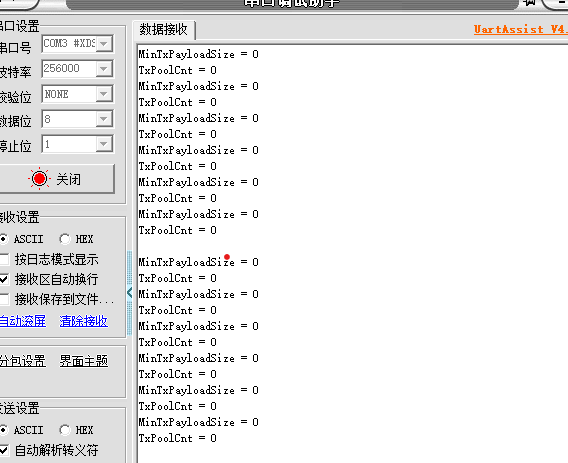Other Parts Discussed in Thread: UNIFLASH, SYSCONFIG,
Hi,
When I use sl_send() to send data to the server, I find that - 11 is often returned. After testing for 60s, 211 times - 11 is returned. What is the reason for this and how to solve it? I found the error code to retry, but I want to know what causes the sending failure? How to solve and optimize it?
Urgent,please help me.
Thanks.


